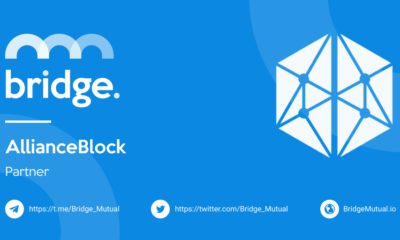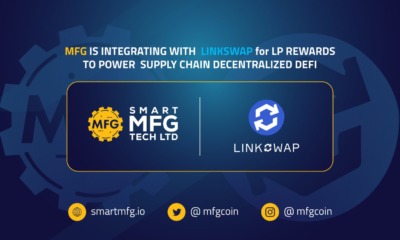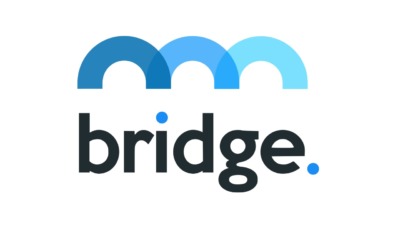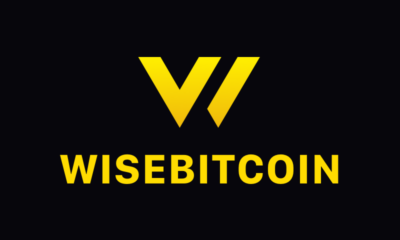Don't Miss
Your Favorite Online Multiplayer Games Could Be Saved From Extinction on Blockchain

Eight years ago the Xbox Live servers for Halo 2 went dark, calling time on what Gamesradar calls a “landmark in the history of Xbox Live”. For many, it was the crucible for a relationship with online gaming that would last through childhood.
‘The Noble Fourteen’ resisted for over a month and extended the life of online Halo 2 until the last player lost connection. Such eulogizing goes a little way to explain the impact that the multiplayer had had on people.
But did it have to be this way? Well according to Microsoft, yes: server farms are expensive to run and maintain, so a dwindling and inconsistent player base as with Halo 2 online was always going to be at risk.
Nearly six years of Halo on Xbox Live was not enough for many players, and they were soon even unable to get their fix on PC—these servers were discontinued early in 2013, essentially closing the door on Halo 2 multiplayer save for LAN play.
So why does blockchain pose a solution?
This is one of the use cases touched upon in the Qlear Protocol whitepaper and they specify the reaction to Microsoft closing online Halo 2. The idea is that on blockchain no game would ever have to shut down its online play, provided that some players still exist.
Qlear bill themselves as ‘the lightning-fast trust machine of gaming’, essentially taken to mean a blockchain-based network which exists to host online gaming platforms.
Blockchain is key here: one of the benefits of distributed ledger tech is that all functions can be made transparent. This means that cheating becomes impossible without it being blatantly obvious—people may not always notice an aimbotter, but this is irrelevant when the system knows.
What they propose is a decentralized back-end system for developers to easily – with just a few lines of code – integrate their front-end code to put their game on Qlear.
Any number of interested players could make up this decentralized system, formed to power the back-end multiplayer servers of older games which would otherwise be closed.
This would make it plausible for Halo 2 to be returned to its fans, though that would, of course, depend on Microsoft so it seems unlikely.
But, there are a host of other suitable candidates for the Qlear Protocol and a recent surge in the popularity of nostalgia gaming shows there is a strong feeling for old classics.
Bringing users closer to the developers
A range of legal issues face fans who try to keep games alive or provide alternative online experiences for the community; this affliction reached Halo, as Microsoft lawyered up on a fan-made Halo Online mod that allowed users to play the canceled game.
Developers are sometimes put in a position where they need to be seen to protect their intellectual property, often aggressively, and this can be for a variety of reasons.
But, on the Qlear Protocol, developers can keep their game on the platform indefinitely—so long as player interest remains. A blockchain-powered environment could give a secure and stable network which is able to maintain a continuous, high quality gaming experience.
There’s a big upshot to this: games developers are able to focus more on the front-end and provide the best gaming experience possible. Qlear simply provides a trusted and secure platform for games to sit on.
The future of gaming might have your favorite titles in it
You can still play Halo 2 with your friends, but only if you meet up and game old-school style, on LAN. This is a sad fate reserved for many games which rely on a centralized entity for its online play.
If multiplayer gaming can become decentralized – as proposed with the Qlear Protocol – then you should be able to get together a group of friends and revisit your favorite games on a whim.
The face of classic gaming could be forever changed by blockchain. It may be too late to save Halo 2, but we can save dozens, even hundreds of popular titles into the future—and the wider gaming scene would be far richer for it.
Disclaimer: This article should not be taken as, and is not intended to provide, investment advice. Global Coin Report and/or its affiliates, employees, writers, and subcontractors are cryptocurrency investors and from time to time may or may not have holdings in some of the coins or tokens they cover. Please conduct your own thorough research before investing in any cryptocurrency and read our full disclaimer.
Don't Miss
A Guide to Exploring the Singaporean ETF market

Singapore’s Exchange Traded Fund (ETF) market has grown, offering investors diverse investment opportunities and access to different asset classes. As the market evolves, investors must navigate these uncharted waters with a clear understanding of Singapore’s ETF landscape. This article explores the trends, challenges and strategies for navigating the Singapore ETF market. To start investing in ETFs, you can visit Saxo Capital Markets PTE.
The Singaporean ETF Market: Exponential Growth
The Singapore ETF market has seen significant growth in recent years, with an increasing number of ETFs covering a wide range of asset classes and holders. different investment topics.
One of the notable trends in the Singapore ETF market is the growing diversity of available options. Investors can now choose from ETFs that track domestic and international stock indexes, bonds, commodities, and specialist sectors or themes. This diverse range of ETFs allows investors to create comprehensive portfolios tailored to their investment goals.
The growth of the ETF market in Singapore is also due to growing investor demand for low-cost, transparent, and accessible investment vehicles. ETFs offer benefits such as intraday liquidity, real-time pricing, and the ability to trade on exchanges. These characteristics have made ETFs attractive to retail and institutional investors who want exposure to different asset classes.
Regulatory Landscape and Investor Protection
The Monetary Authority of Singapore (MAS) is the…
Don't Miss
Property Loans for Foreigners in Singapore That You Must Know About

Intending to invest in a residential or commercial property in Singapore?
When it comes to foreigners applying for a loan in Singapore, things can be pretty hard regardless of the reason whether you need the property for personal or business purposes.
In Singapore, buying a property is challenging, whether you are a foreigner or a native, and sometimes applying for a loan is the only way for you to afford it.
HOW MUCH CAN YOU BORROW FOR A PROPERTY LOAN IN SINGAPORE?
As for the Foreigner Loans, in Singapore, there is an exact amount of money you can borrow to finance the purchase of a property.
In this sense, Singapore has the Loan to Value Ratio (LTV).
The LTV ratio is what determines the exact amount of money you can borrow for a property loan, which changes depending on where you try to obtain the loan:
- If you are applying for a bank loan, you can borrow a maximum of 75% of the value of the property you want to purchase. That means if you are looking for a property that costs $500.000, the maximum amount of money a bank lender can give you like a loan in Singapore is going to be $375.000.
- When you are applying for a loan with a Housing…
Don't Miss
CoinField Launches Sologenic Initial Exchange Offering

CoinField has started its Sologenic IEO, which is the first project to utilize the XRP Ledger for tokenizing stocks and ETFs. The sale will last for one week and will officially end on February 25, 2020, before SOLO trading begins on the platform. Sologenic’s native token SOLO is being offered at 0.25 USDT during the IEO.
Earlier this month, Sologenic released the very first decentralized wallet app for SOLO, XRP, and tokenized assets to support the Sologenic ecosystem. The app is available for mobile and desktop via the Apple Store and Google Play. The desktop version is available for Windows and Mac.
“By connecting the traditional financial markets with crypto, Sologenic will bring a significant volume to the crypto markets. The role of the Sologenic ecosystem is to facilitate the trading of a wide range of asset classes such as stocks, ETFs, and precious metals using blockchain technology. Sologenic is an ecosystem where users can tokenize, trade, and spend these digital assets using SOLO cards in real-time. The ultimate goal is to make Sologenic as decentralized as possible, where CoinField’s role will be only limited to KYC and fiat ON & OFF ramping,” said CoinField’s CEO…
-

 Blogs6 years ago
Blogs6 years agoBitcoin Cash (BCH) and Ripple (XRP) Headed to Expansion with Revolut
-

 Blogs6 years ago
Blogs6 years agoAnother Bank Joins Ripple! The first ever bank in Oman to be a part of RippleNet
-

 Blogs6 years ago
Blogs6 years agoStandard Chartered Plans on Extending the Use of Ripple (XRP) Network
-

 Blogs6 years ago
Blogs6 years agoElectroneum (ETN) New Mining App Set For Mass Adoption
-

 Don't Miss6 years ago
Don't Miss6 years agoRipple’s five new partnerships are mouthwatering
-
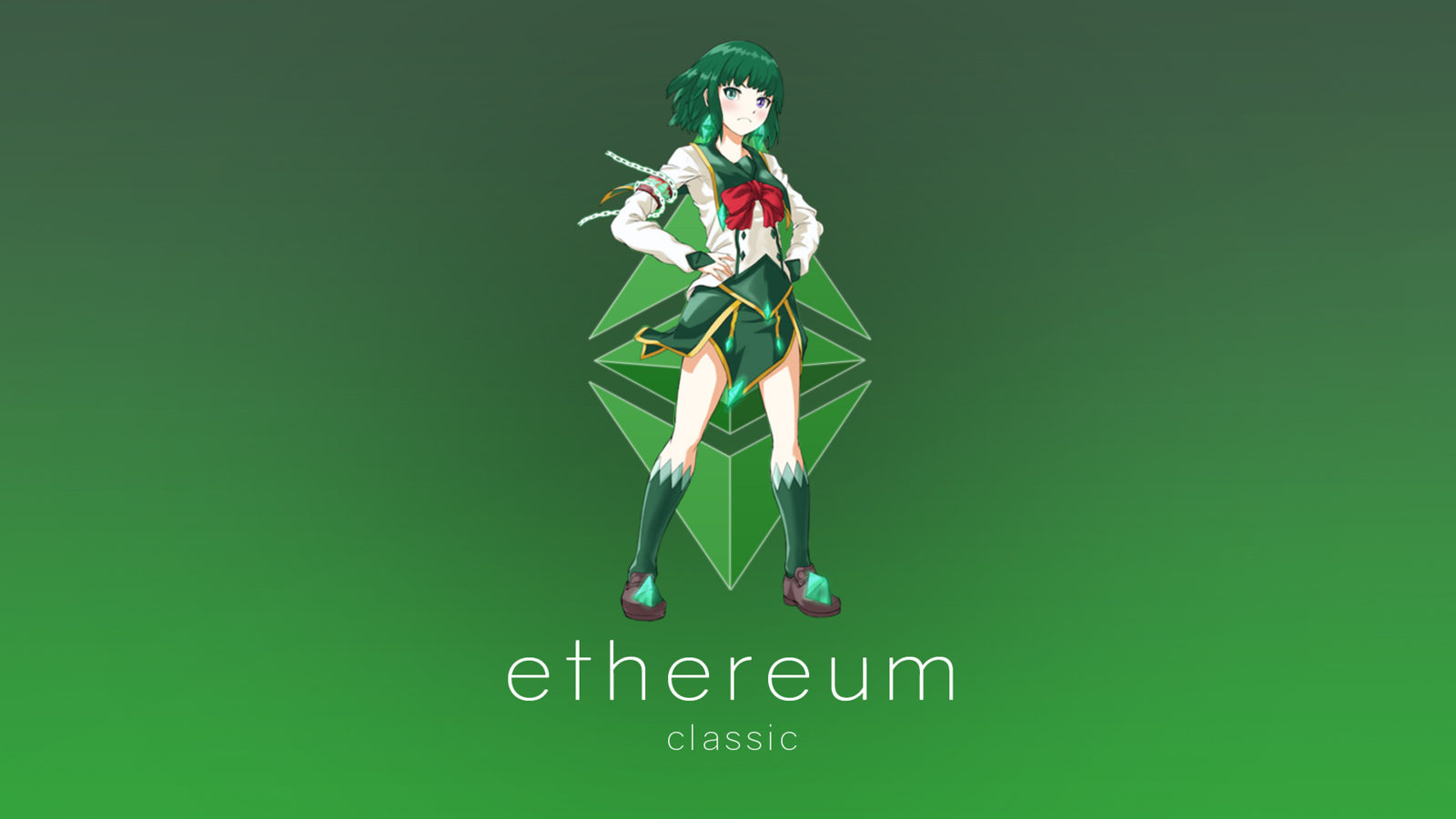
 Blogs6 years ago
Blogs6 years agoEthereum Classic (ETC) Is Aiming To Align With Ethereum (ETH)
-

 Blogs6 years ago
Blogs6 years agoCryptocurrency is paving new avenues for content creators to explore
-

 Blogs6 years ago
Blogs6 years agoLitecoin (LTC) Becomes Compatible with Blocknet while Getting Listed on Gemini Exchange

